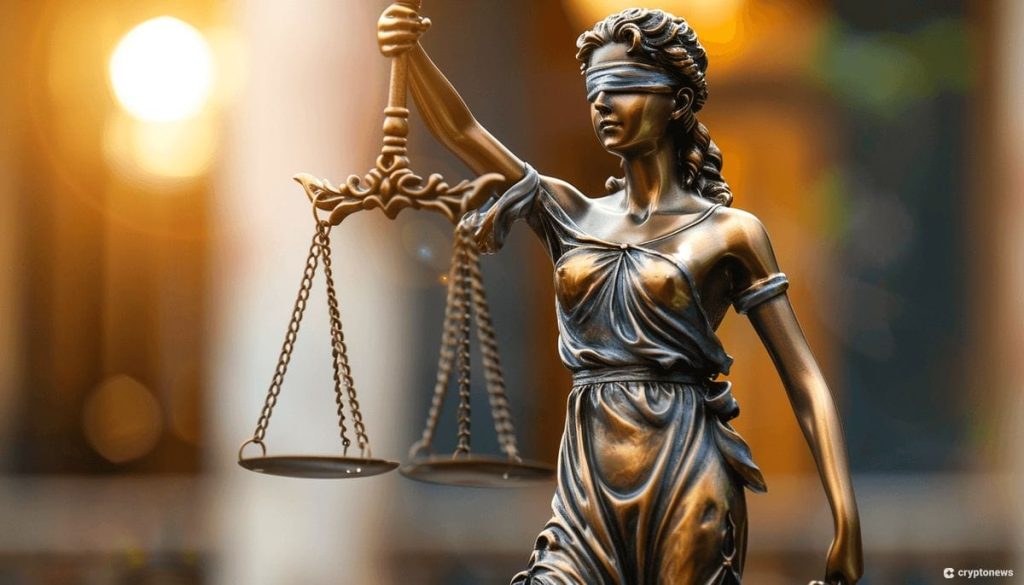The United States Securities and Exchange Commission (SEC) has not definitively classified Solana (SOL) as a non-security, despite retracting its request for a court ruling on the matter as part of its ongoing lawsuit against Binance. In a recent post, Jake Chervinsky, Chief Legal Officer at Variant Fund, noted that there is still no confirmation from the SEC that SOL is considered a non-security. He explained that the SEC’s decision to not pursue a determination on whether the tokens in the lawsuit are securities is more of a litigation tactic rather than a change in policy. Chervinsky also highlighted that the SEC still refers to these tokens as securities in other exchange cases, indicating that SOL’s classification is still uncertain.
The SEC sought to amend its complaint in the Binance case regarding “Third Party Crypto Asset Securities.” The updated stance of the SEC indicated that it no longer seeks a judicial determination on whether the tokens, including Solana, are securities. This move led many in the crypto industry to caution against overinterpreting the SEC’s filing, as it does not signify a definitive decision on Solana’s security status. Miles Jennings, General Counsel and Head of Decentralization at a16z Crypto, and Justin Slaughter, Policy Director at Paradigm, also shared their views on the matter. Slaughter emphasized that the SEC’s filing in the Binance case does not mean it will no longer take the position that Solana and other tokens are securities, but rather that it won’t seek to prove their security status in this specific case.
Judge Amy Berman Jackson had set a high threshold for establishing the Howey test in the Binance case, which may have influenced the SEC’s decision to retract its request for a determination on the tokens’ security status. The SEC’s lawsuit against Binance listed several tokens, including Solana, as securities. Over time, the SEC has identified at least 68 tokens as securities, impacting over $100 billion worth of cryptocurrencies in the market. In a separate development, a coalition of seven U.S. states, led by Iowa Attorney General Brenna Bird, has challenged the SEC’s regulation of cryptocurrency. They argue that the SEC’s attempt to regulate cryptocurrencies is a “power grab” that could stifle innovation and exceed the agency’s authority. This challenge comes amid SEC Commissioner Hester Peirce’s acknowledgment that the agency currently operates in an “enforcement-only mode” regarding crypto regulation.
Peirce, known for her crypto-friendly stance among the SEC commissioners, has highlighted the burden placed on industry participants who are constantly trying to avoid legal disputes due to unclear regulations. She mentioned that clearer rules would allow industry players to focus on building rather than navigating legal uncertainties. The SEC recently closed its three-year investigation into Hiro Systems and a separate case involving stablecoin issuer Paxos without pursuing enforcement actions against the entities. These instances further demonstrate the complexities and uncertainties surrounding crypto regulation in the United States. The ongoing legal battles and challenges from states highlight the need for clearer guidelines and regulations to promote innovation in the crypto industry while ensuring compliance with existing laws.












